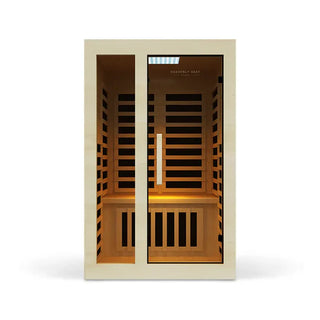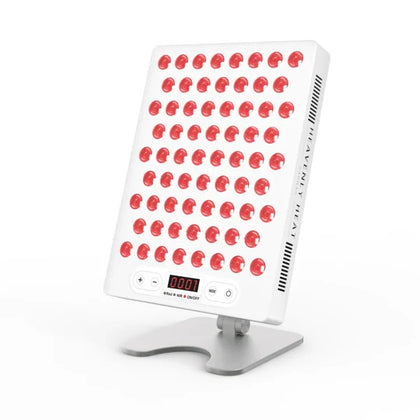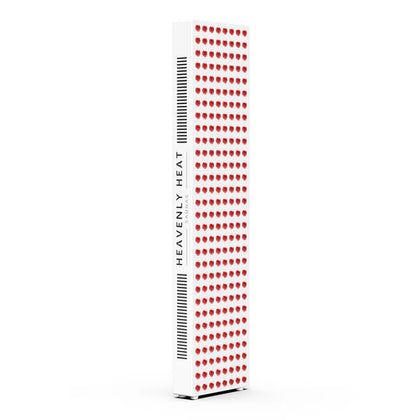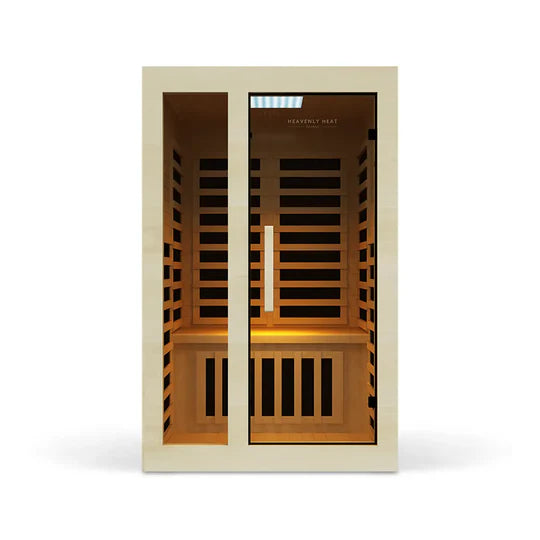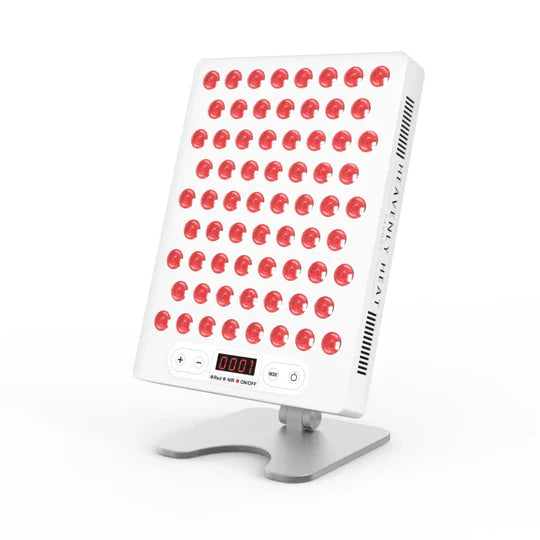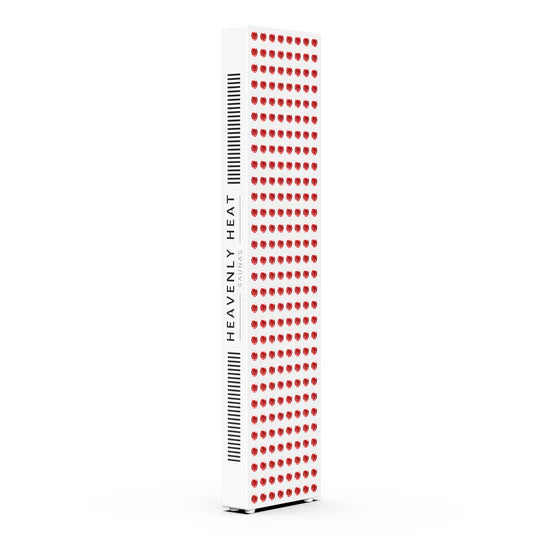Is Hemlock or Cedar Better for a Sauna? Key Differences Explained

Choosing the right wood for your sauna can be confusing. Hemlock and cedar both have their pros and cons.
Pick the wrong one, and you might face warping, strong odors, or even skin irritation.
To help you avoid costly mistakes, this guide breaks down the key differences so you can confidently choose the best wood for your sauna.
Table of contents
Key Takeaways
-
Cedar resists moisture, insects, and decay better than hemlock, making it more durable for saunas.
-
Cedar retains heat longer and distributes it evenly, while hemlock may lose warmth faster.
-
Hemlock has a mild scent, while cedar’s strong aroma enhances relaxation but may trigger allergies.
-
Cedar requires less maintenance, whereas hemlock needs frequent sealing to prevent moisture damage.
-
Cedar is more expensive but ideal for outdoor and commercial saunas; hemlock is a budget-friendly alternative.
Importance of Wood Choice in Saunas
- Using the wrong wood can ruin the sauna’s ability to handle heat: Choosing wood that can take high heat without bending or cracking is critical. The wrong choice may warp over time and make the sauna unsafe or uncomfortable.
- Good sauna wood helps spread the heat evenly: Not all wood heats the same. The right kind makes sure warmth is spread nicely, so the whole sauna feels relaxing, not just one corner.
- Moisture-resistant wood saves you from mold and repairs: Wood that keeps water out stops mold from growing. It also means you won’t need to fix or replace things as often, saving effort and money in the long run.
- Strong and smart wood choices keep the sauna working well for years: A well-chosen wood not only makes your sauna feel better, it also lasts longer, needs less fixing, and performs better overall.
Hemlock & Cedar Better For Sauna: Comparison & Differences
Durability and Longevity
- Cedar lasts longer because it naturally fights damage: Cedar is known for its excellent durability, making it a top choice for saunas. Its natural oils help protect it from rot, decay, and insect damage, which means it stays strong and lasts for many years with minimal effort.
- Hemlock stays strong indoors but needs the right conditions: Hemlock is a strong wood, but it doesn’t have the same natural protection as cedar. In indoor saunas where moisture is well-controlled, hemlock can still last a long time. However, in damp or outdoor settings, it may not hold up as well over time.
Heat Retention and Distribution
- Cedar spreads heat evenly, so the whole sauna feels warm: Cedar doesn’t just get hot, it spreads the heat evenly across the sauna. This means there are no cold spots, and you get a smooth, relaxing warmth all around.
- Hemlock holds heat too, but not as long as cedar: Hemlock can also keep the sauna warm, but it tends to cool down faster than cedar. You might notice the difference if you stay in for a longer session.
- Cedar keeps the heat in better, saving more energy: Cedar naturally holds in heat better, so less warmth escapes. This helps save energy and keeps your sauna warmer without using extra power.
Moisture Resistance and Stability
- Cedar naturally fights off moisture: Cedar has natural oils that protect it from soaking up water. This means it won’t easily swell or shrink, even in a damp sauna.
- Hemlock soaks up more moisture over time: Hemlock doesn’t have the same oils as cedar, so it tends to absorb moisture. This can lead to swelling, shrinking, or even warping when used in steamy or wet environments.
- Cedar stays more stable in wet and steamy saunas: If your sauna gets a lot of steam or is placed outdoors, cedar is the better choice. It handles moisture well and keeps its shape for longer.
Aroma and Sensory Experience
- Cedar makes the sauna smell rich and calming: Cedar gives off a natural, earthy scent that fills the sauna with a relaxing atmosphere. Many people connect this smell with comfort and luxury, like what you’d find in a spa.
- Hemlock doesn’t add much smell, which is good for sensitive noses: Hemlock wood has little to no smell. That’s perfect for people who don’t like strong scents or want a more neutral sauna experience.
Allergen Considerations and Safety
- Cedar can cause allergic reactions in some people: Cedar wood naturally contains oils that may trigger allergies, especially in people who have sensitive skin or breathing problems.
- Hemlock is usually safer for people with allergies: If you’re worried about skin irritation or breathing issues, hemlock is a better option because it has fewer allergy-causing ingredients than cedar.
- Sealing the wood helps reduce the chances of allergies: Using a sealant on sauna wood can lower exposure to allergens, making both cedar and hemlock safer for people who are sensitive.

Maintenance and Upkeep
- Cedar needs very little care to stay clean: Cedar saunas don’t need much maintenance because the wood naturally resists mold and mildew. This makes them easier to keep in good shape over time.
- Hemlock needs regular cleaning to avoid damage: Hemlock saunas require more upkeep since the wood can get damaged by moisture. You’ll need to clean and seal it more often to protect it.
- A few simple steps help both saunas last longer: Wiping away moisture and keeping the sauna well-ventilated after each use helps stop mold and keeps both cedar and hemlock in better condition.
Aesthetic Appeal and Design Suitability
- Cedar’s warm color adds beauty to traditional saunas: Cedar has a rich, warm color with a beautiful grain pattern, making it an attractive choice for saunas. Over time, if left untreated, it develops a natural silvery patina.
- Hemlock’s light color fits well with modern sauna designs: Hemlock has a lighter and more even color, which suits modern and minimalist sauna styles perfectly.
- Cedar gives a rustic look, while hemlock offers a clean appearance: If you want a classic, rustic sauna, cedar is the better choice. For a simple, subtle look, hemlock works best.
Performance in Infrared Saunas
Infrared saunas require wood that can handle prolonged heat exposure without deteriorating.
Hemlock works for infrared saunas but may not be as efficient in heat retention. Cedar’s natural insulation helps maintain consistent temperatures, making the sauna experience more effective.
Cost and Market Availability
- Cedar costs more because it lasts longer and is in high demand: Cedar is generally more expensive than hemlock due to its durability and popularity.
- Hemlock is cheaper and easier to find: Hemlock is more affordable and widely available, making it a budget-friendly choice.
- Where you live affects how much cedar costs: Cedar prices go up in places where it isn’t grown locally, which changes its market availability and cost.
Suitability for Outdoor and Commercial Use
- Cedar lasts longer outdoors because it resists moisture and rot: Cedar is the best option for outdoor saunas since it naturally handles moisture and won’t rot easily.
- Hemlock needs extra protection to work well outside: Hemlock can be used outdoors but only if it is sealed and maintained regularly to keep it safe from weather damage.
- Cedar holds up better in busy commercial saunas: For commercial saunas, cedar is a smart choice because it stays strong and doesn’t wear out quickly even with frequent use.
Environmental Impact and Sustainability
Both hemlock and cedar can be harvested sustainably. However, some cedar species are more endangered due to overharvesting, so checking for certified sustainable options is important.
If sustainability is a priority, researching responsible suppliers for both wood types is essential.
Summary
Hemlock or Cedar are both great choices for saunas
Hemlock is a better option for those who are sensitive or have allergies
Cedar has better natural properties for sauna use, so extra measures must be taken with hemlock construction including insulation or sealing (for outdoor saunas)
FAQ
Should I choose Hemlock or Cedar for my home sauna?
Either option is a great choice for a home sauna. Each has different properties that may make it more suitable for you.
Is Hemlock or Cedar better for insulation in a sauna?
Cedar generally has better insulation properties, while extra steps should be taken to improve insulation with Hemlock.
Is Cedar or Hemlock safer for saunas?
Hemlock is generally a better choice for those concerned with off-gassing or allergies. Cedar is a resinous wood and that resin can enter the air when heated and be breathed in by the user.




